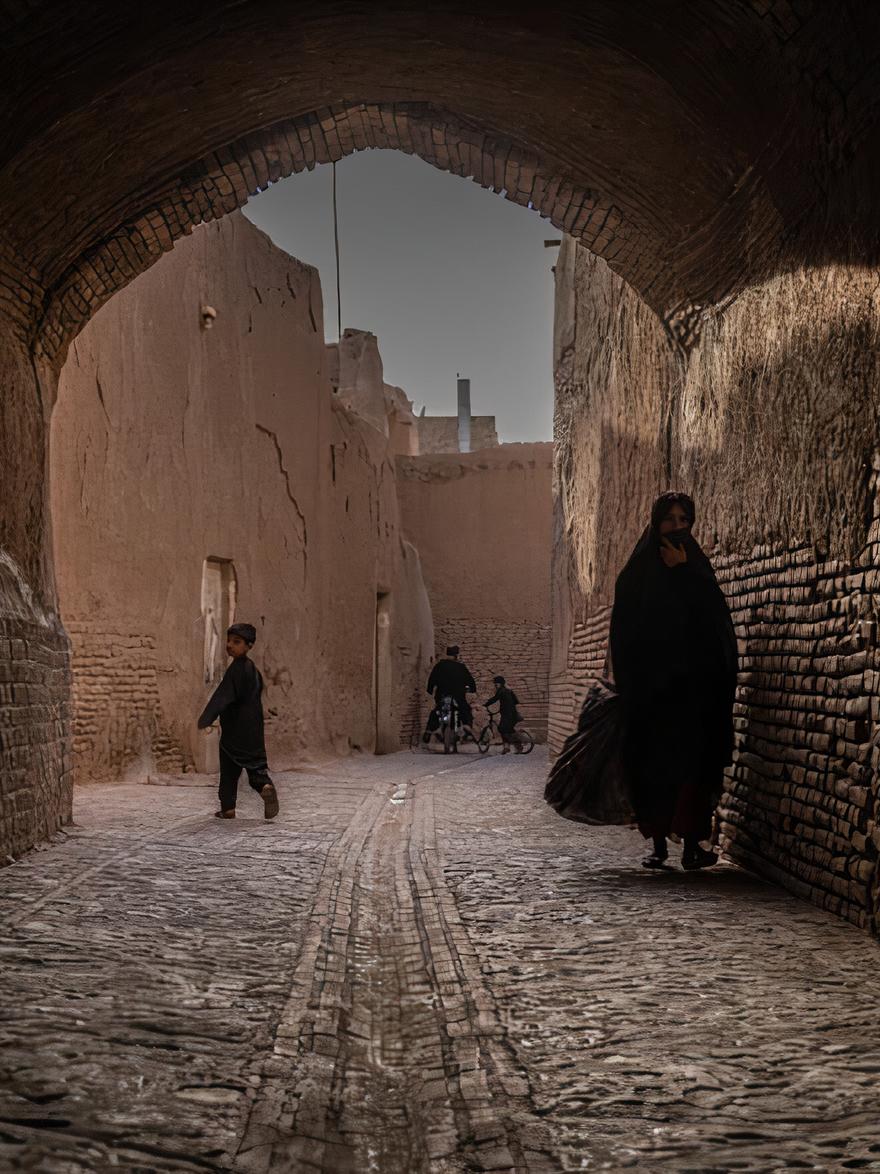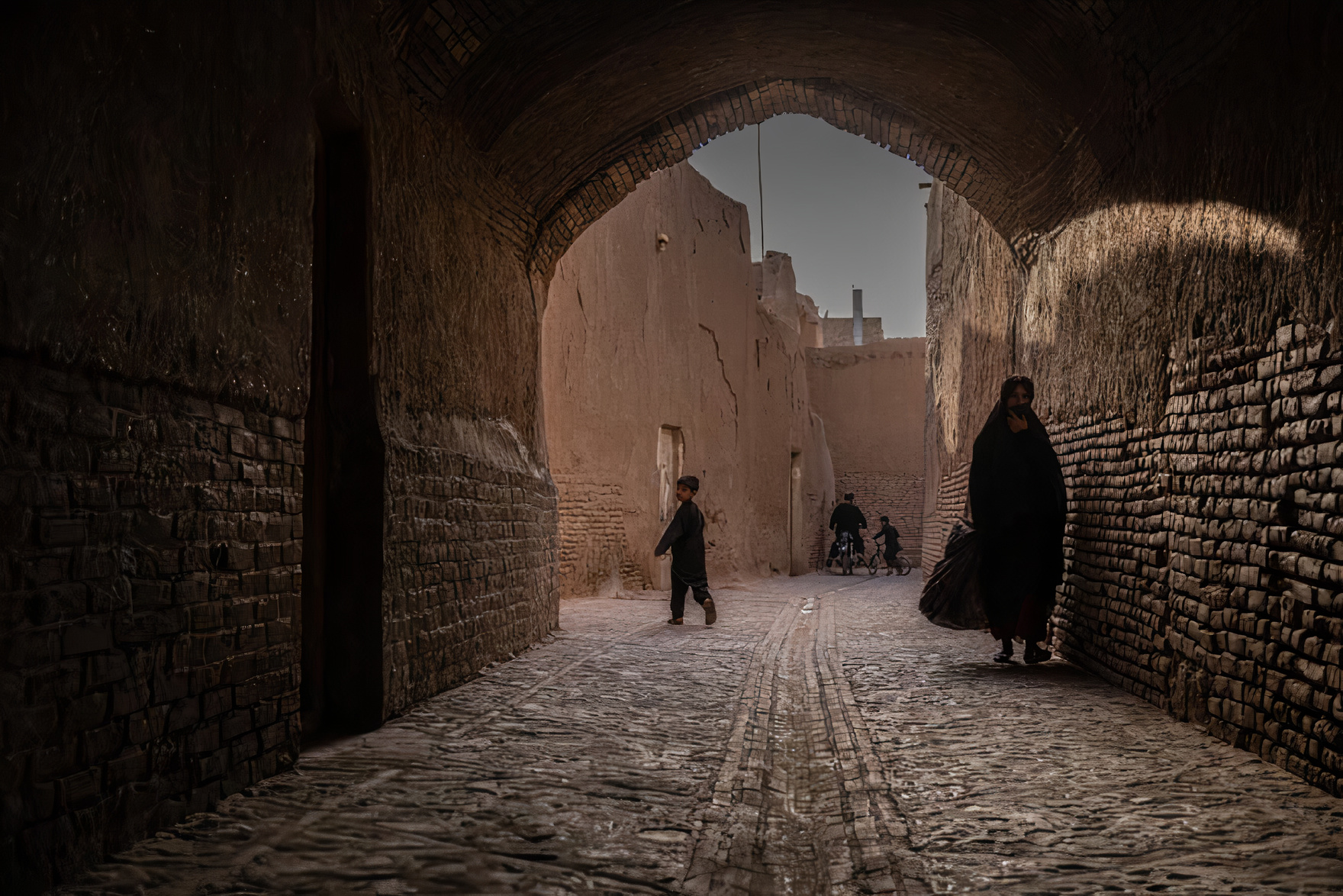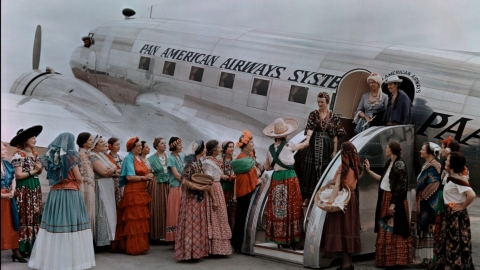More than six months have passed since the Taliban took over the capital Kabul in August 2021. Already scarred by four decades of continuous war, Afghanistan's rapid regime change has left a "wound" that will take the country a long time to heal.
"During my three and a half years living and working as a reporter in Afghanistan, I visited most of the country's provinces. After the Taliban takeover, I decided to return to many of them to understand how the people are viewing life under their new regime," shared reporter Stefanie Glinski.
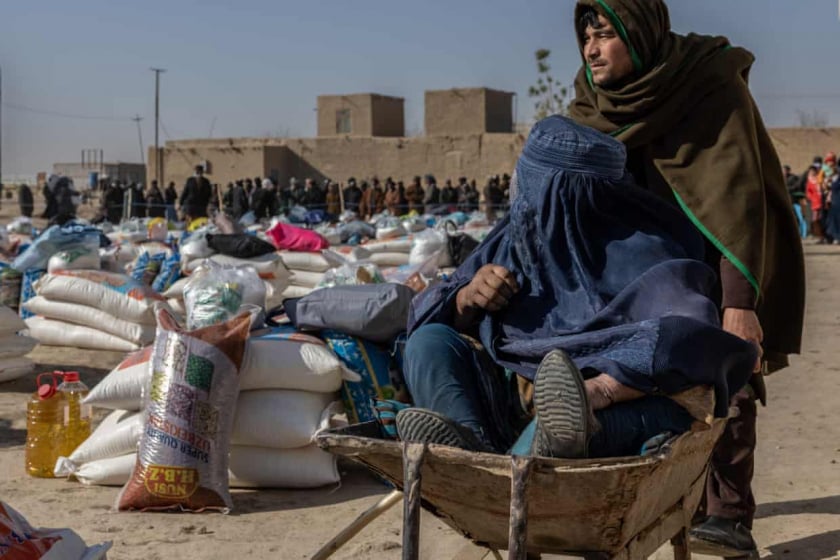
Due to the economic crisis, more and more people cannot afford to buy food, even though food is still widely available in the market.
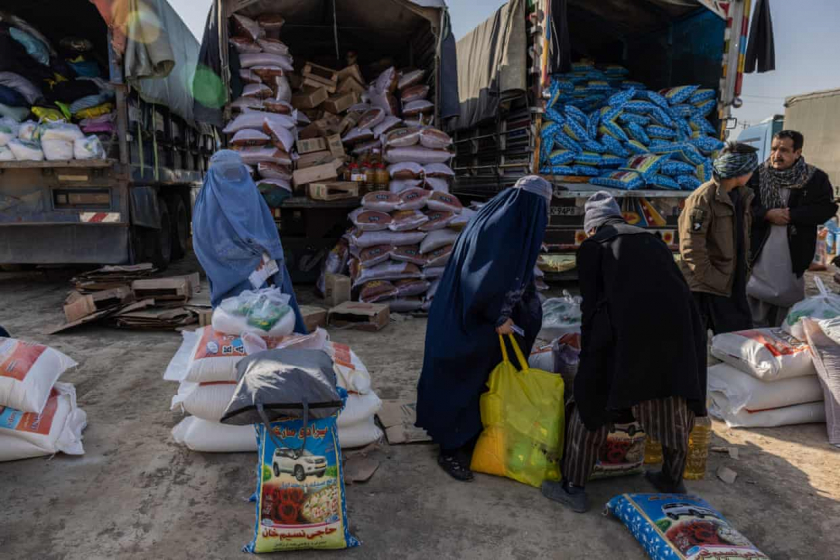
Food distribution in northern Jowzjan province, Afghanistan.
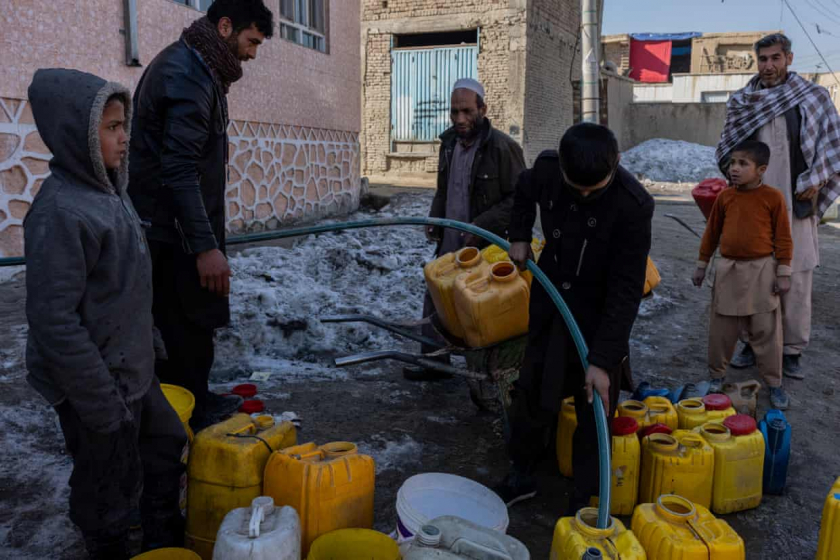
Most people, even in the capital Kabul, do not have access to clean water at home. People fill containers with water to store for drinking and cooking.
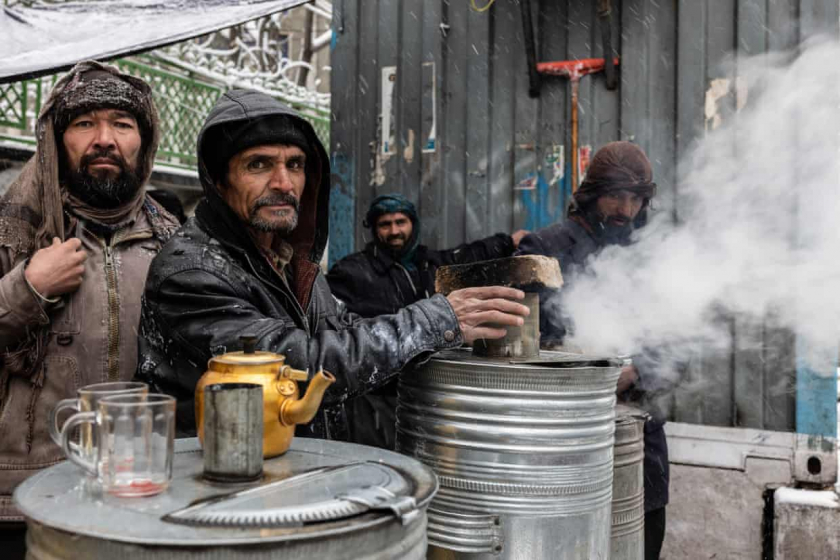
Tea vendors warm their hands on a cold day in Kabul.
Countless residents have left in search of new lives, increasing the number of Afghan communities abroad to over 5 million worldwide. Others have chosen to stay, or have no other choice but to give the Taliban a chance – even though the group remains internationally unrecognized.
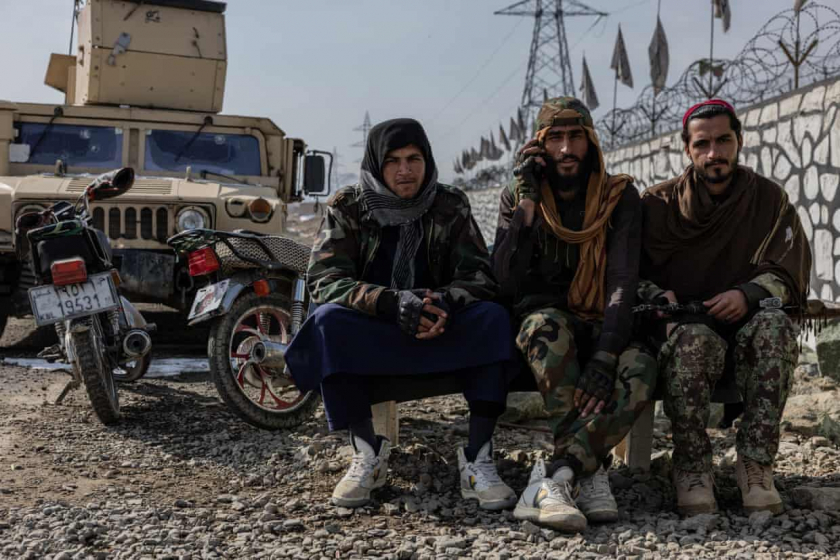
Taliban guards sit by the roadside in Mohammad Agha district (Logar province).
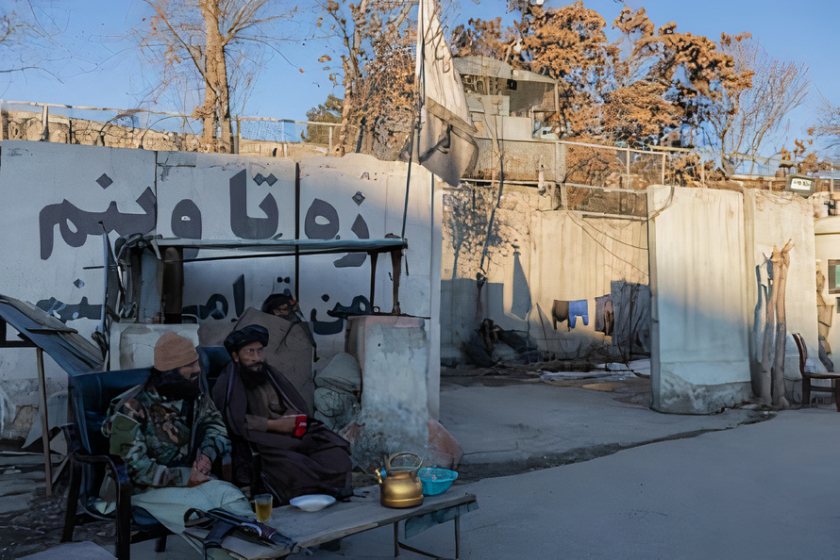
Taliban guards drink tea in Kabul.
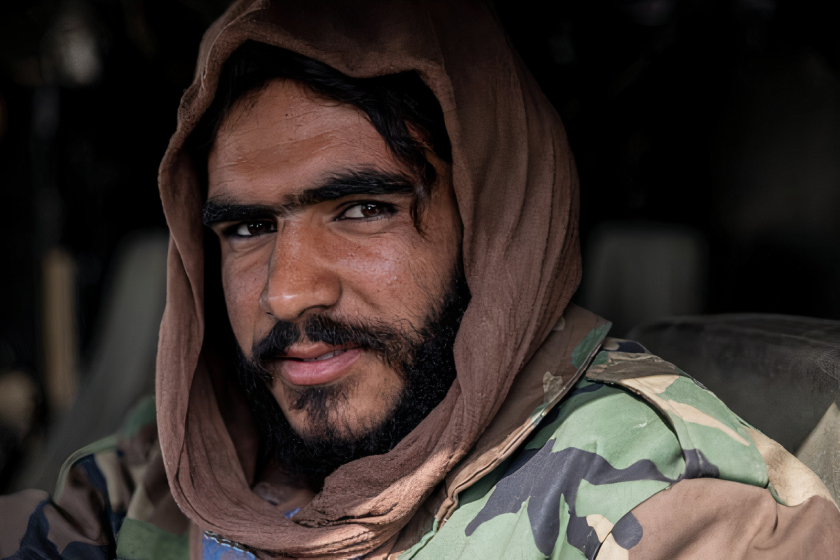
Ziaul Rahman, a 21-year-old man, is a member of the Taliban forces stationed in Logar province, Afghanistan.
"We don't want the Russians, the Americans, or the Taliban. We just want peace," said Lal Mohammad, an Afghan citizen. "At least today I can tell my children that the war is over."
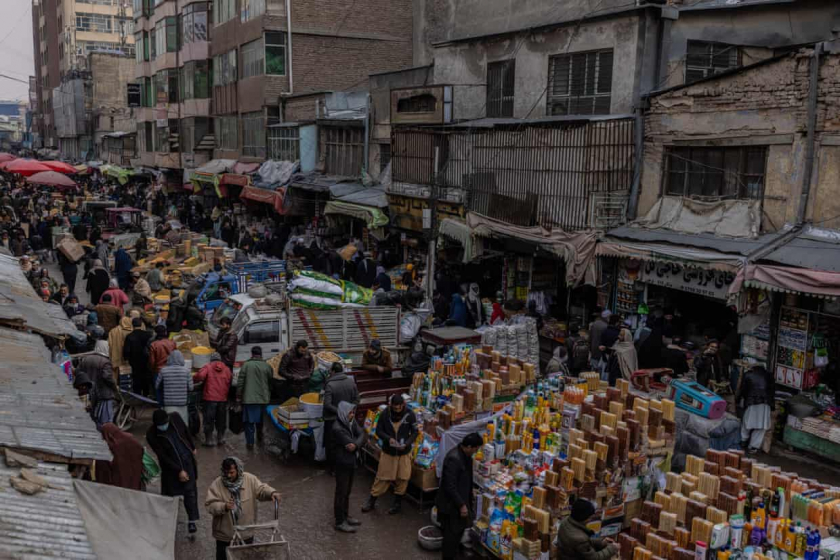
Mandawi Market in Kabul is always bustling.
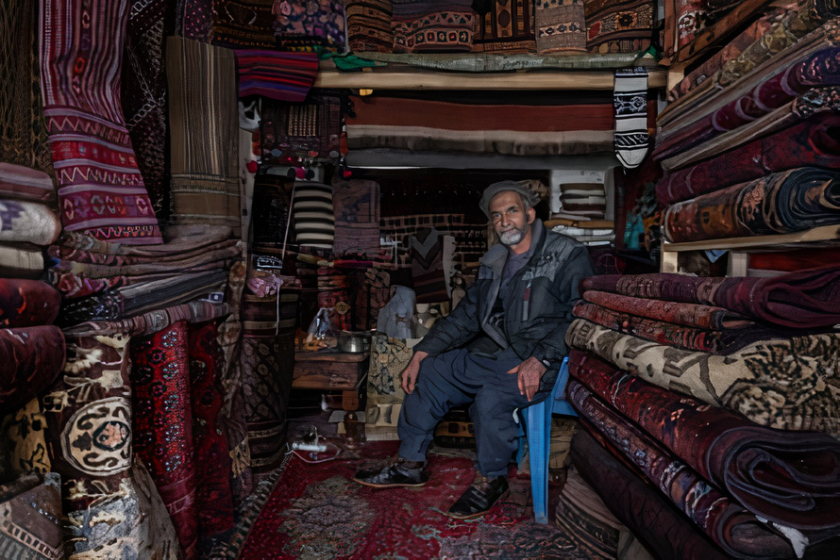
Sayed Jafar, a carpet seller, sits in his shop in Kabul. Since the Taliban took over, his business has essentially come to a standstill as most of his customers have left the country.
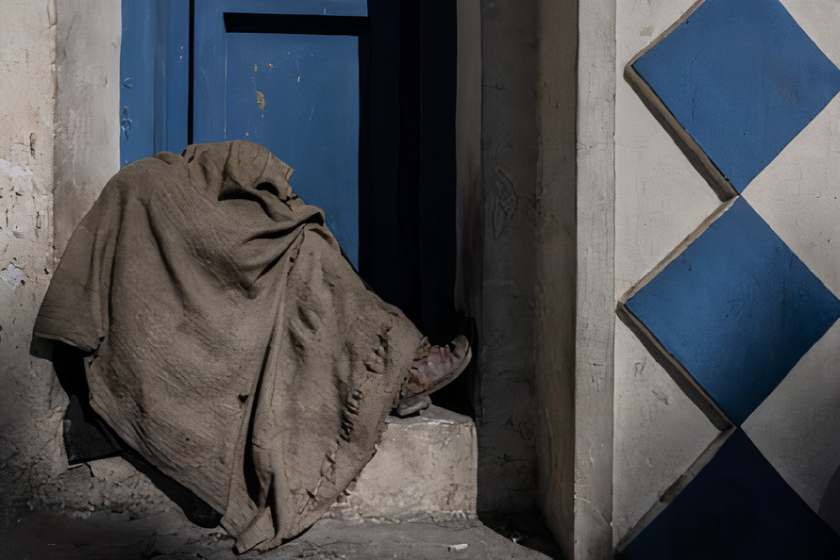
Initially, the Taliban authorities detained all drug addicts, putting many of them in prison. But now, more addicts and beggars are seen on the streets of Kabul.
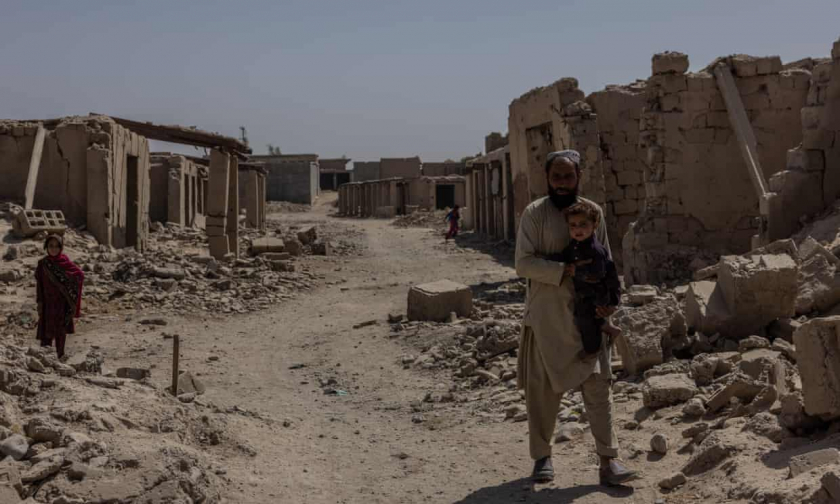
The fighting in August 2021 devastated primarily the town of Sangin (in Helmand province), which was formerly located right on the front lines. Here, every house was destroyed, only a few have been rebuilt, and the residents are starting from scratch.
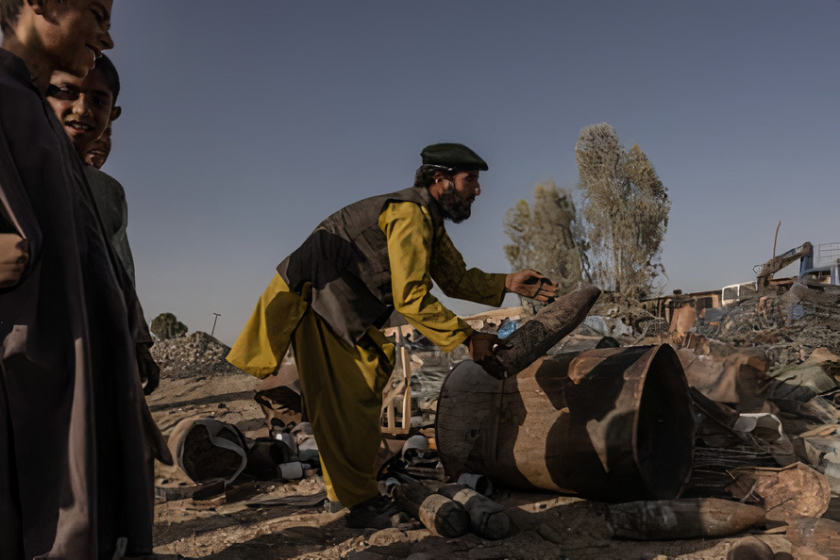
People clean up war debris in Sanin (Helmand province).
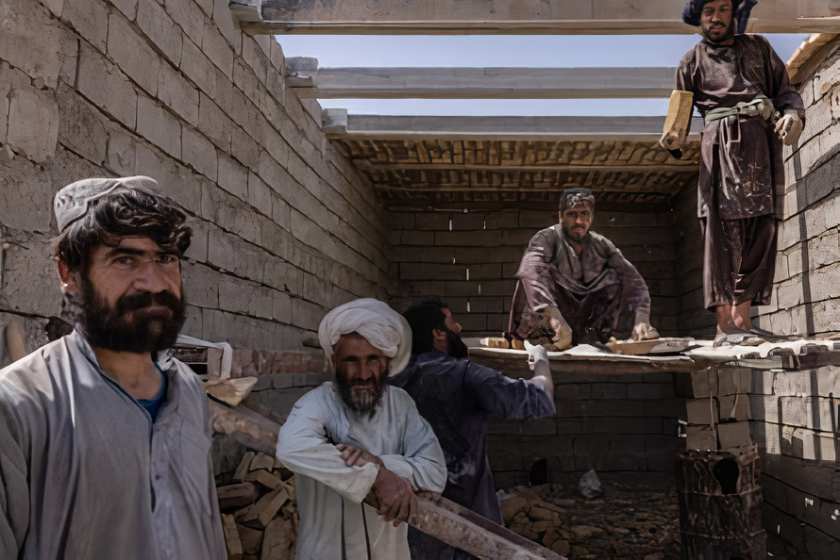
Construction workers have begun rebuilding the house.
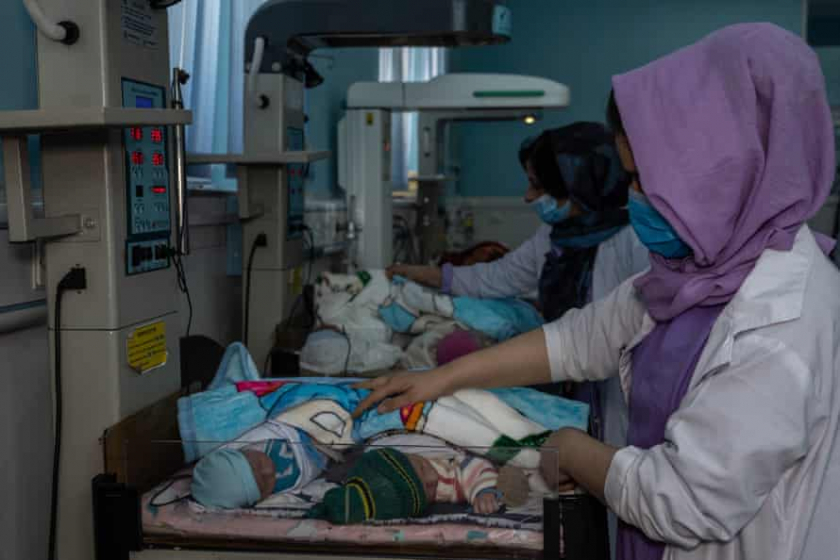
Malalai Maternity Hospital, where up to 100 babies are born every day. Of its 446 staff members, 400 are women.
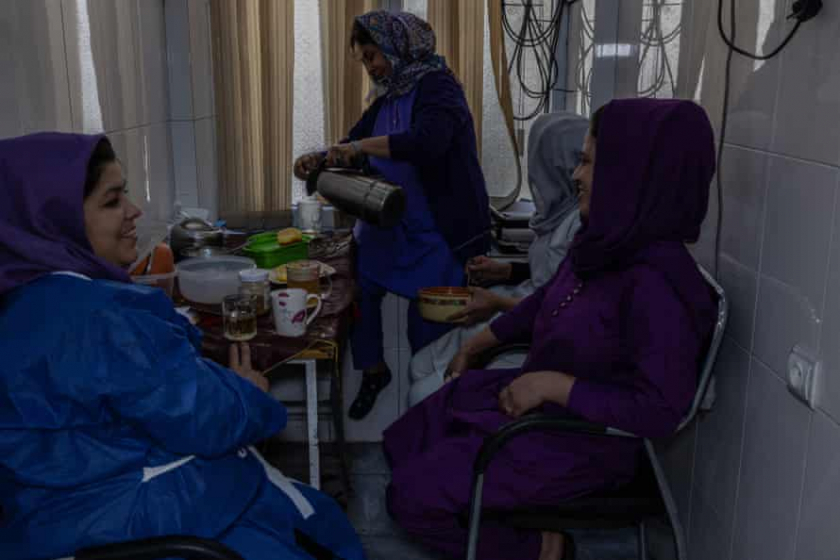
Nurses and midwives working at Rabia Balkhi Hospital (Kabul) are sitting down for lunch.
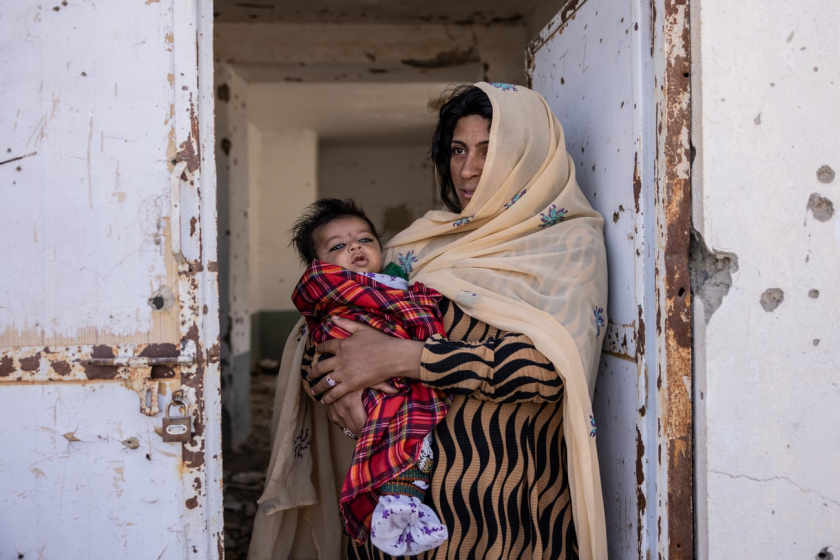
Nakiba (30 years old) holds his 2-month-old son Mustafa in his arms in front of the doorway of what used to be a clinic in the town of Sangin, now destroyed by bombs.
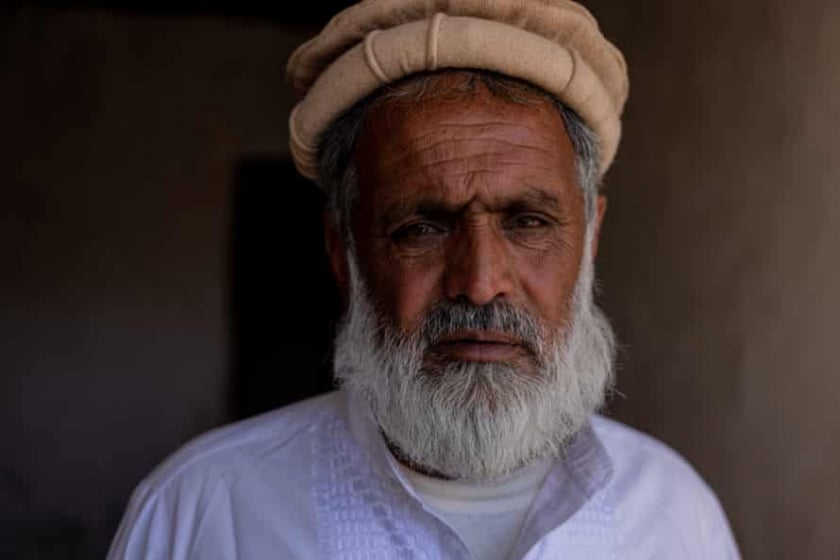
Lal Mohammad, 48 years old (from Maidan Wardak province).
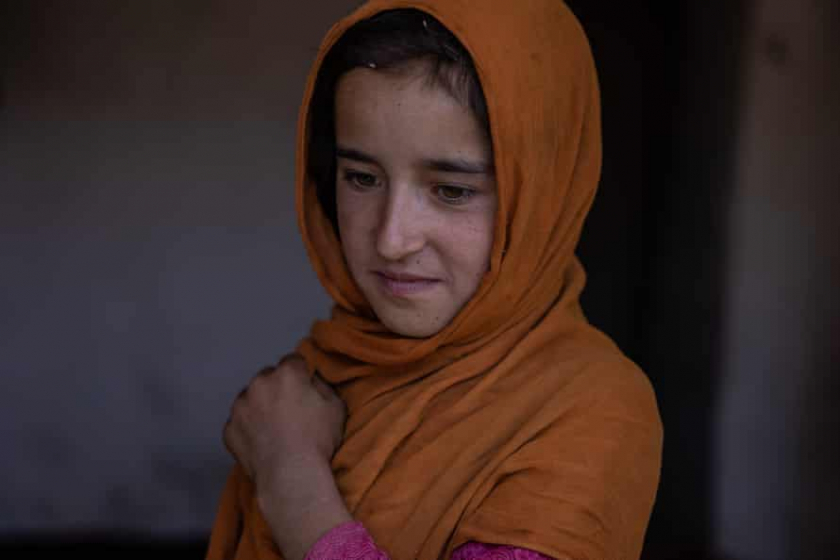
Naila, 10 years old (from Wardak province), has been having nightmares for months now, even after the war stopped.
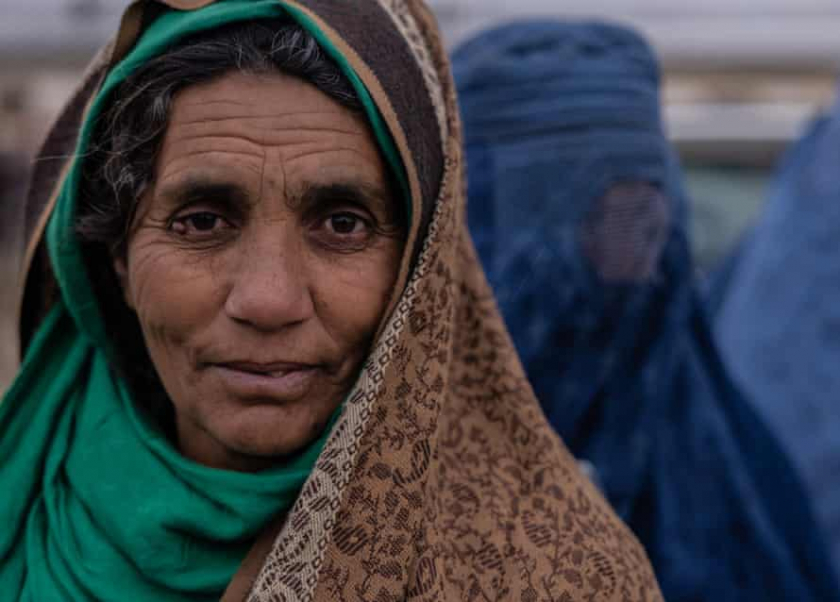
Shaista, 50 years old (Jowzjan). Since the Taliban took over the country, her husband and children have lost their jobs.
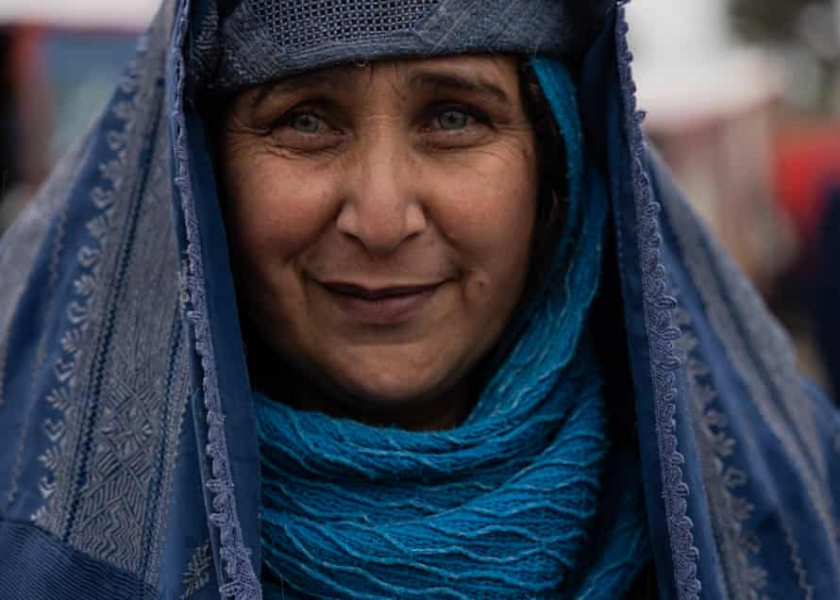
Madina, 50 years old (Jowzjan).
So much has been lost in this country since the internationally shocking events of six months ago. But, nestled amidst the ruined homes and devastated economy, Afghanistan still retains a glimmer of hope.
One snowy morning, the reporter encountered Naim Naimy, 63, from a southern province of Afghanistan. He had traveled six hours just to see the capital, Kabul, covered in white snow.
“I checked the weather forecast and decided to come here,” Naimy said with a smile, standing amidst the snow-covered trees. “I really love snow.”
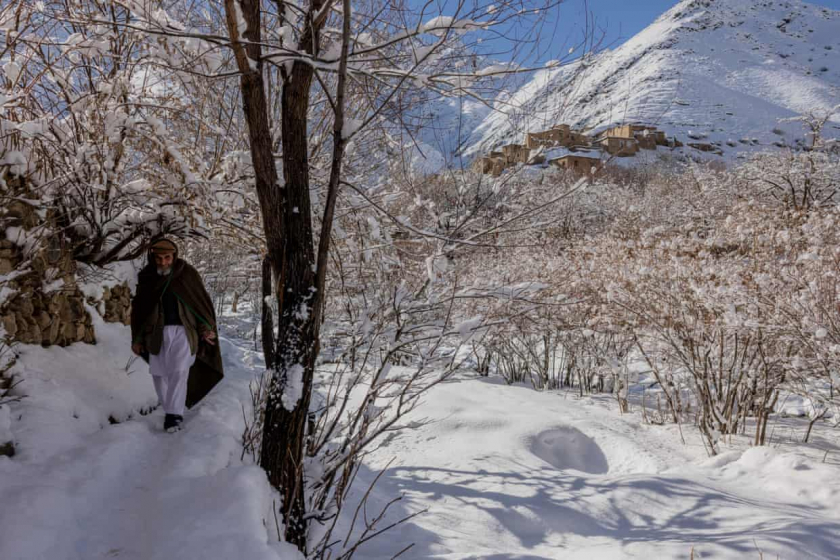
A man walks along a snow-covered road in Hezarak district (Panjshir province).
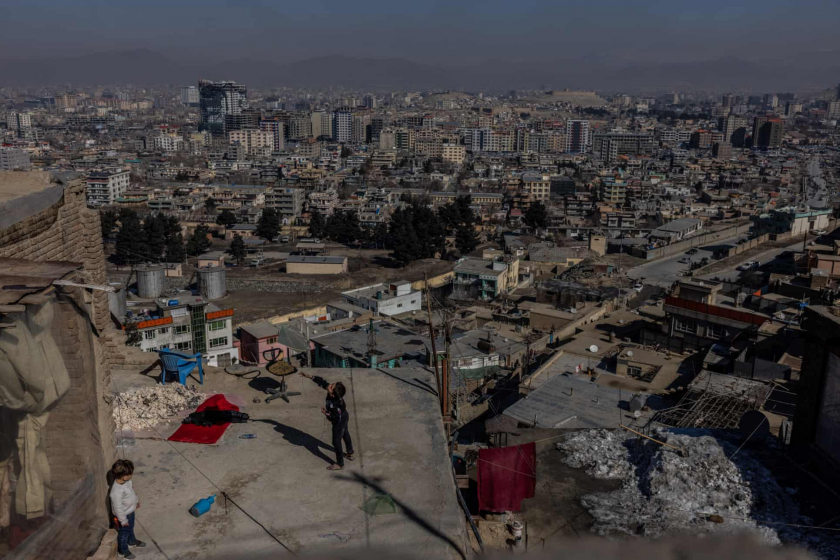

 VI
VI EN
EN



